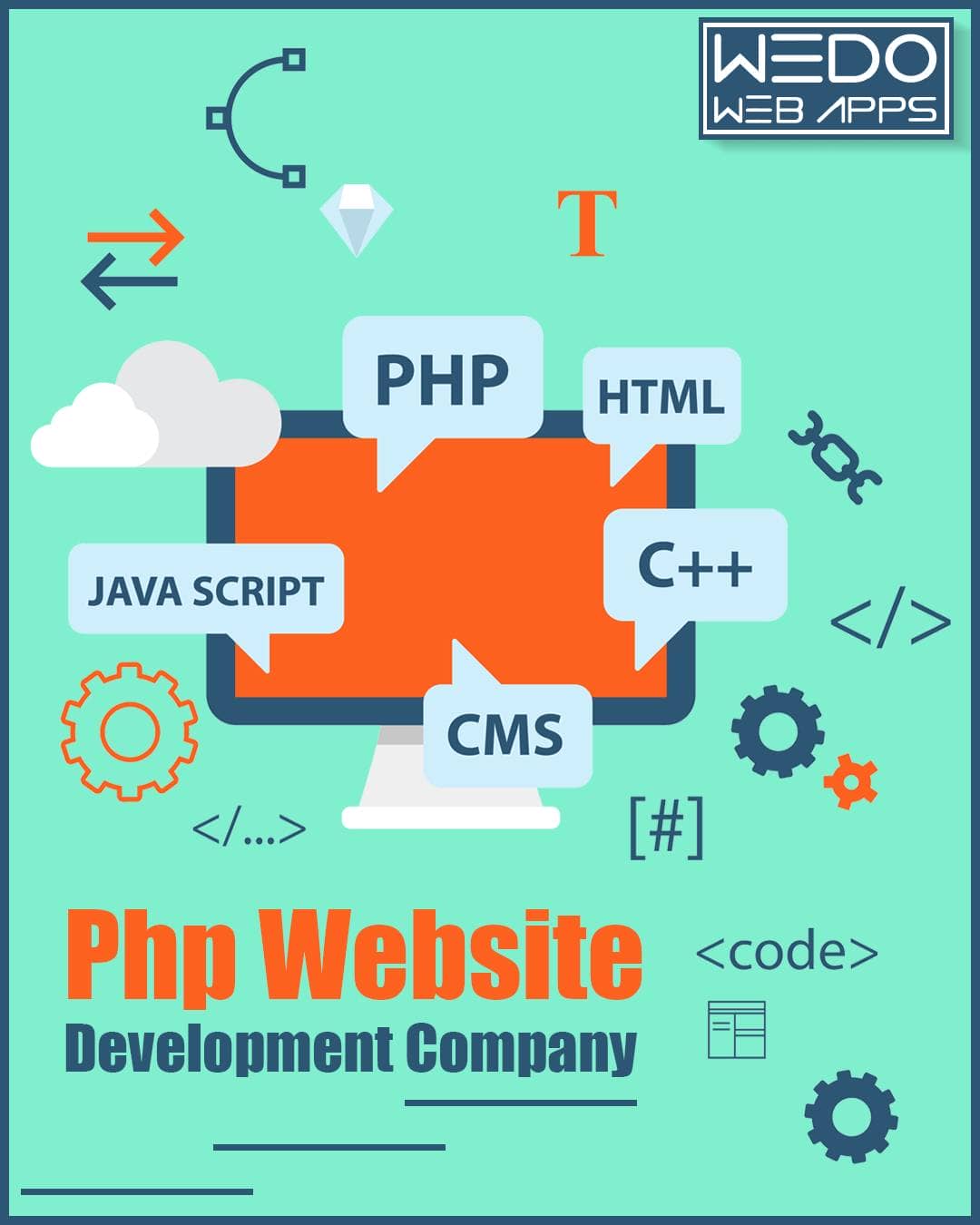CEO | Posted on |
How PHP 7.X Can Add Benefit to Website Development?
0
980 Views

PHP is one of the renowned scripting and web development languages known for its fast load time, database flexibility, and ease of usage. As per W3Techs, PHP holds the market share of 81.5% of websites available on the web. That’s a prominent figure to consider! So, if you own a website designed on the PHP-based CMS, you must keep it updated with its latest version.
When PHP 7.0 was launched in December 2015 with a whole package of remarkable features, it brought a stream of happiness among the IT geeks. However, Zend is still working on its updates to improve the user experience. PHP 7.3 is the latest version that is to be supported by December 2021, and everyone is looking forward to PHP 7.4 expected to launch in November 2019.
PHP 7.4 will surely add certain more value-adding features, but before moving forward in the direction, let us check the significant changes that PHP 7.X version started with.
Get benefited from Cloud computing: Earlier when you have to retrieve or extract database files of your website content, you need to transfer them over the server. This was a manual and time taking process. With PHP7, Zend enabled cloud computing, leveraging which you can retrieve or extract files between one cloud to another cloud server whenever you need it. This is specifically beneficial for the online store owners, as they can create less bulky websites without any error about speed and performance.
Upgrade your web performance with JIT: The addition of Just-in-Time(JIT) compilation to the website allows you to run the code compilation in the mean-time without waiting for the execution cycle. Zend says that it could improve the performance by:
- Reducing the count of servers to handle higher traffic on your website.
- Fastening the code execution process.
Clean the dead files: PHP 7.0 helps you in improving your site’s performance by cleaning the dead or depreciated files. The data that were supported with the earlier version of PHP will turn to be of no use. PHP 7.0 enables automatic removal of those unwanted files to improve the speed and performance of your website. Follow the link to check the features depreciated by the current version of PHP. Also, you can check more about the dead SAPIs and extension, which will no longer be supported under the new version.
Implementation of AST: Abstract Syntax Tree (AST) has been implemented with PHP 7.0. It adds advantages like easy maintenance of parser and compiler and decompilation of syntax decisions. It permits the emission of opcodes from a parser that helps in the reduction of the count of hacks.
Support for 64-bit Windows: Even when PHP is more inclined towards Linux, you can take it to run on Windows as well. Earlier versions of PHP were not supporting 64-bit Windows OS. With the arrival of PHP 7.0, you can confidently get your websites on the upgraded Windows version.
Trouble-free error handling: The latest version made error handling much more manageable. You can check on the traditional error processing as well as can opt for engine exceptions. The new update will automatically replace the old errors from the earlier versions of PHP.
Implementation of Heredoc and Nowdoc syntax: Unlike the older versions, PHP 7.3 allows the closing marker to be intended and stripping of the leading whitespace. Also, it permits removal of the trailing newline requirement from the end of the closing marker.
Deprecations with PHP 7.3: PHP 7.3 introduces deprecation and removal of image2wbmp(), case-insensitive constants, undocumented mbstring function.
Further, with the next update and release of PHP 7.4, you can expect the additions of forever availability of hash extensions, password hash registry, typed properties 2.0, preloading, Foreign function interface, null coalescing assignment operator, weak references and few more advancements for coder minds.
To get your website designed in PHP, connect with the to discuss further. In case you already own a PHP-based website, it is better to get it upgraded to leverage the maximum benefits that you can get.
